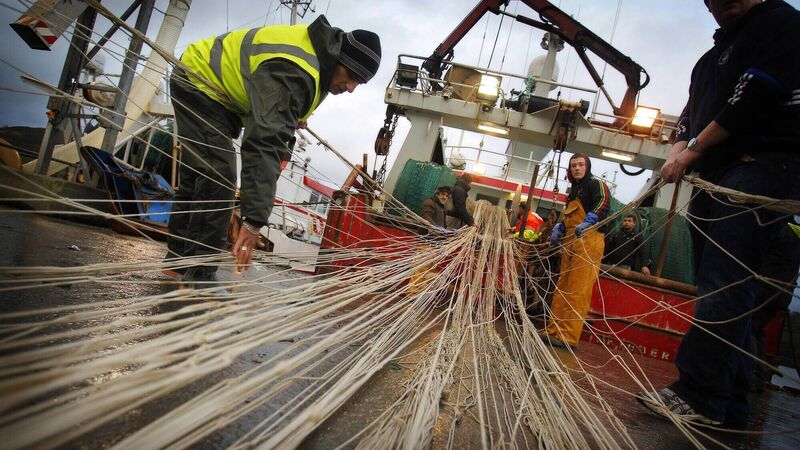Michael Clifford: EU ruling shining a light on issues in Irish fisheries

The European Commission has ruled that Ireland cannot be trusted to police its fishing quotas. File picture: Julien Behal/PA Wire
In 2005, the described financial regulation in Ireland as “the wild west”.
Today, it would appear that Brussels has a similar opinion of this country in terms of the regulation, or control, of fisheries.













